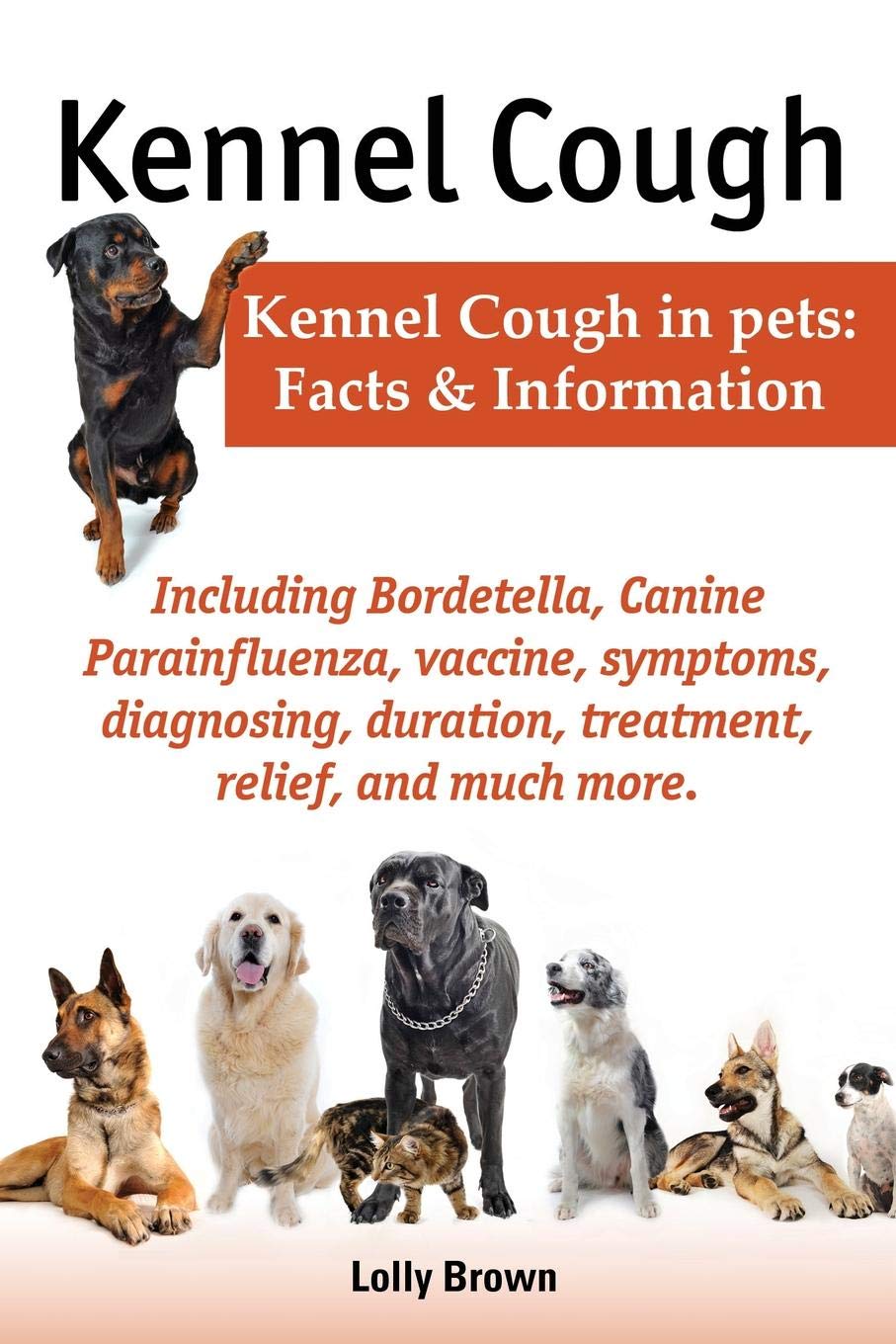Did you know that your dog is susceptible to diseases caused by various pathogens, such as viruses, bacteria and fungi?Obviously, the state of the immune system is strictly related to the onset of the disease, so puppies are more susceptible to infectious diseases., like immunosuppressed dogs, on the other hand, healthy adult dogs have a more competent and effective immune system.
However, although it gives your dog the best care, you should always remain alert, because sometimes the action of these pathogens exceeds the mechanisms of the immune system.
- In this Animal Expert article.
- We talked about the symptoms and treatment of Bordetella in dogs.
- A dangerous bacterium.
The term Bordetella refers to a group of 3 pathogenic bacteria
These bacteria can also affect humans and other animals such as sheep, however, Bordetella bronchiseptica is very rare in humans but if it is the cause of pathologies in dogs, in this case, infection by this bacteria manifests itself in a disease known as cough of the kennels..
It should be noted that in addition to the bacterium Bordetella bronchiseptica, the parainfluenza canine virus and the canine adenovirus type 2 are also associated with the onset of this disease.
Bordetella is a highly contagious bacterium that is transmitted by direct contact or through the air, causing real epidemics in places where dogs live huddled together, such as kennels or shelters, hence the popular name for the pathology caused by Bordetella.
In a healthy dog, Bordetella can manifest itself simply by coughing, but in a puppy, the disease caused by this bacterium can become fatal.
Bordetella causes an infectious canine tracheobronquita, a medical term used to describe the cough of the kennels.
When a dog becomes infected with this pathogen, a manifestation occurs that mainly affects the respiratory system and we can observe the following symptoms in the affected dog:
The presence of one or more of these symptoms should alert us and we should try to get veterinary assistance as soon as possible, it is just as important that the affected dog is isolated, otherwise the bacteria can spread in some way.very easy.
During treatment, the dog should remain isolated. This treatment will be done with antibiotics to combat the colonization of bacteria and anti-inflammatory drugs that help reduce inflamed tissues in the airways.
Proper hydration and nutrition are also fundamental factors for effective Bordetella treatment and for the dog to recover smoothly.
After 3 weeks of age, a dog can be vaccinated against Bordetella, however, the distribution of this vaccine is not as wide as in other cases and in some geographical areas the vaccine may not be found can be administered subcutaneously or nasally.The veterinarian will be able to advise you on the best option.
The renewal of this vaccine is annual or semi-annual in the case of some adult dogs, and not all dogs need it, being especially indicated when our animal will live with several dogs.
This article is for informational purposes only, in Animal Expert.com.br we cannot prescribe veterinary treatments or make any type of diagnosis, we suggest that you take your pet to the veterinarian in case of any condition or discomfort.
If you would like to read articles similar to, we recommend that you visit our Bacterial Diseases section.

